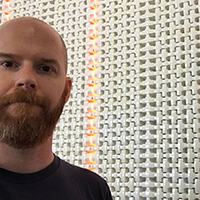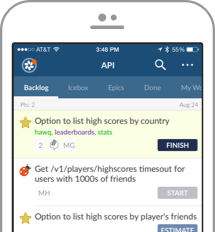
The Obama 2012 campaign has been hailed as the most tech-savvy and data-driven to date, a sophisticated operation led by CTO Harper Reed. Reed had no problem finding developers eager to join the campaign—the challenge was finding people up for the formidable task before them. A Presidential campaign poses unique challenges: an environment where volatility is the only constant, developers must iterate often, yet there is little margin for error. To meet this challenge, Reed and his team placed an emphasis on people who could resolve problems and learn quickly, rather than focusing on a particular skill set.
Read more...















